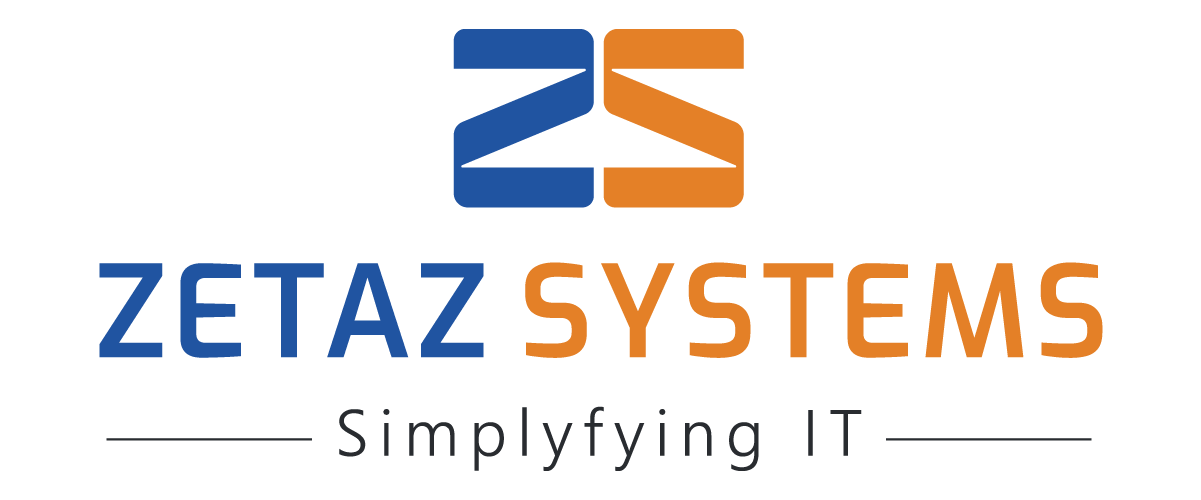The Evolving Landscape of Work in Belgium: A Comprehensive Overview
The Evolving Landscape of Work in Belgium: A Comprehensive Overview with Zetazsystems
The work environment in Belgium, much like the rest of the world, has been undergoing a significant transformation. Driven by technological advancements, shifting economic trends, and societal changes, the Belgian labor market is evolving in ways that promise both opportunities and challenges. In this blog, we delve into the major trends shaping the future of work in Belgium, examining key factors such as digitalization, remote work, skills development, labor market policies, and societal impacts.
The Digital Revolution: Catalyst for Change
Automation and AI Integration
Belgium, being a technologically advanced nation, is at the forefront of the digital revolution. Automation and Artificial Intelligence (AI) are reshaping various sectors, from manufacturing to services. Robots and AI systems are taking over repetitive and mundane tasks, enhancing productivity, and reducing costs. However, this trend also raises concerns about job displacement and the need for reskilling.
For instance, the manufacturing sector in Belgium has seen significant automation, leading to increased efficiency but also necessitating a shift in the workforce. Workers are now required to possess skills that allow them to manage and operate advanced machinery, highlighting the importance of continuous learning and adaptation.
Digital Skills Demand
As technology becomes more integral to work processes, the demand for digital skills is surging. From basic digital literacy to advanced technical skills like coding and data analysis, the Belgian workforce must adapt to stay competitive. Educational institutions and vocational training centers are playing a crucial role in bridging the digital skills gap, ensuring that both new entrants to the labor market and existing workers are equipped to handle the demands of the digital age.
What is IT consultancy & strategy?
IT Support Belgium: Ensuring Seamless Operations
At the forefront of IT services, IT support plays a critical role in ensuring the smooth operation of businesses. Belgian IT support firms offer timely and efficient solutions to address technical issues, minimize downtime, and optimize IT infrastructure. With a focus on responsiveness and reliability, these firms serve as trusted partners in maintaining business continuity.

The Rise of Remote Work
Flexibility and Work-Life Balance
The COVID-19 pandemic accelerated the adoption of remote work in Belgium, a trend that is likely to persist. Remote work offers employees greater flexibility and has the potential to improve work-life balance. Companies are increasingly adopting hybrid work models, combining remote work with traditional office setups. This shift not only reduces commuting time and costs but also allows employees to tailor their work environments to their personal needs, potentially leading to increased job satisfaction and productivity.
Challenges of Remote Work
Despite its benefits, remote work also presents challenges. Issues such as maintaining team cohesion, ensuring effective communication, and safeguarding mental health are significant concerns. Employers must develop robust remote work policies and support systems to address these challenges. Regular virtual meetings, team-building activities, and mental health resources are essential components of a successful remote work strategy.

Skills Development and Lifelong Learning
Importance of Upskilling and Reskilling
With the rapid pace of technological change, the importance of upskilling and reskilling cannot be overstated. In Belgium, various initiatives are underway to promote lifelong learning. Government programs, private sector initiatives, and collaborations between educational institutions and businesses are essential in fostering a culture of continuous improvement.
Role of Educational Institutions
Belgian universities and vocational schools are increasingly focusing on providing flexible learning options, such as online courses and modular learning programs. These initiatives allow workers to upskill or reskill without disrupting their current employment. Additionally, partnerships between educational institutions and industry players ensure that the training provided is relevant and up-to-date with market needs.
Labor Market Policies and Social Protection
Government Initiatives
The Belgian government plays a pivotal role in shaping the labor market. Policies aimed at promoting employment, protecting workers’ rights, and supporting innovation are crucial in managing the transition to a new work environment. Programs such as tax incentives for startups, grants for research and development, and support for small and medium-sized enterprises (SMEs) are examples of how the government is fostering a conducive environment for job creation and economic growth.
Social Protection Systems
Belgium boasts a robust social protection system that provides a safety net for workers. As the nature of work evolves, it is imperative that social protection systems adapt accordingly. This includes ensuring that gig economy workers, freelancers, and those in non-traditional employment arrangements have access to benefits such as healthcare, unemployment insurance, and retirement savings. The government must continually update these systems to reflect the changing dynamics of the labor market.

Societal Impacts and Inclusivity
Gender Equality and Diversity
Promoting gender equality and diversity in the workplace is a key focus in Belgium. Efforts to close the gender pay gap, increase female representation in leadership roles, and create inclusive work environments are ongoing. Companies are recognizing the value of diverse teams in driving innovation and improving performance. Policies that support work-life balance, such as parental leave and flexible working hours, are also crucial in achieving these goals.
Integration of Migrants
Belgium’s diverse population includes a significant number of migrants who contribute to the labor market. Integrating migrants into the workforce is essential for economic growth and social cohesion. Language training, recognition of foreign qualifications, and targeted employment programs are some of the measures that can facilitate this integration. Ensuring that migrants have equal opportunities to participate in the labor market benefits both the individuals and the economy as a whole.
The Future Outlook
Emerging Sectors and Opportunities
Several emerging sectors in Belgium hold promise for future job creation. The green economy, driven by sustainability initiatives and the transition to renewable energy, is one such sector. Jobs in renewable energy, energy efficiency, and environmental conservation are expected to grow. Additionally, the healthcare and biotech industries are poised for expansion, driven by an aging population and advances in medical technology.
Preparing for Future Challenges
While the future of work in Belgium presents many opportunities, it also poses challenges that require proactive measures. Addressing the digital divide, ensuring equitable access to education and training, and fostering an inclusive labor market are critical. Collaboration between government, businesses, educational institutions, and civil society will be essential in navigating these challenges and ensuring a prosperous and inclusive future for all Belgians.

Conclusion: Partnering for Success in Belgium's IT Landscape
Growing your business in Belgium requires a strategic approach to recruitment. By understanding the local job market dynamics, crafting a compelling employer brand, leveraging technology, networking, and emphasizing continuous learning and development, you can attract and retain top talent. At Zetazsystems, we specialize in helping businesses navigate the complexities of the Belgian job market. Our expertise and comprehensive recruitment solutions ensure you find the right talent to drive your business forward.
The evolving landscape of work in Belgium is characterized by rapid technological advancements, shifting work patterns, and a focus on skills development. As the country navigates these changes, it is crucial to adopt policies and practices that promote flexibility, inclusivity, and continuous learning. By embracing these principles, Belgium can ensure that its workforce is well-prepared for the future, driving economic growth and improving the quality of life for all its citizens.
Partner with Zetazsystems today to elevate your recruitment efforts and achieve your business growth objectives in Belgium.
Latest ekit news
Ekit Latest News
Get the app in Playstore
Lets get the app and try ekit for free and no creadit card required

